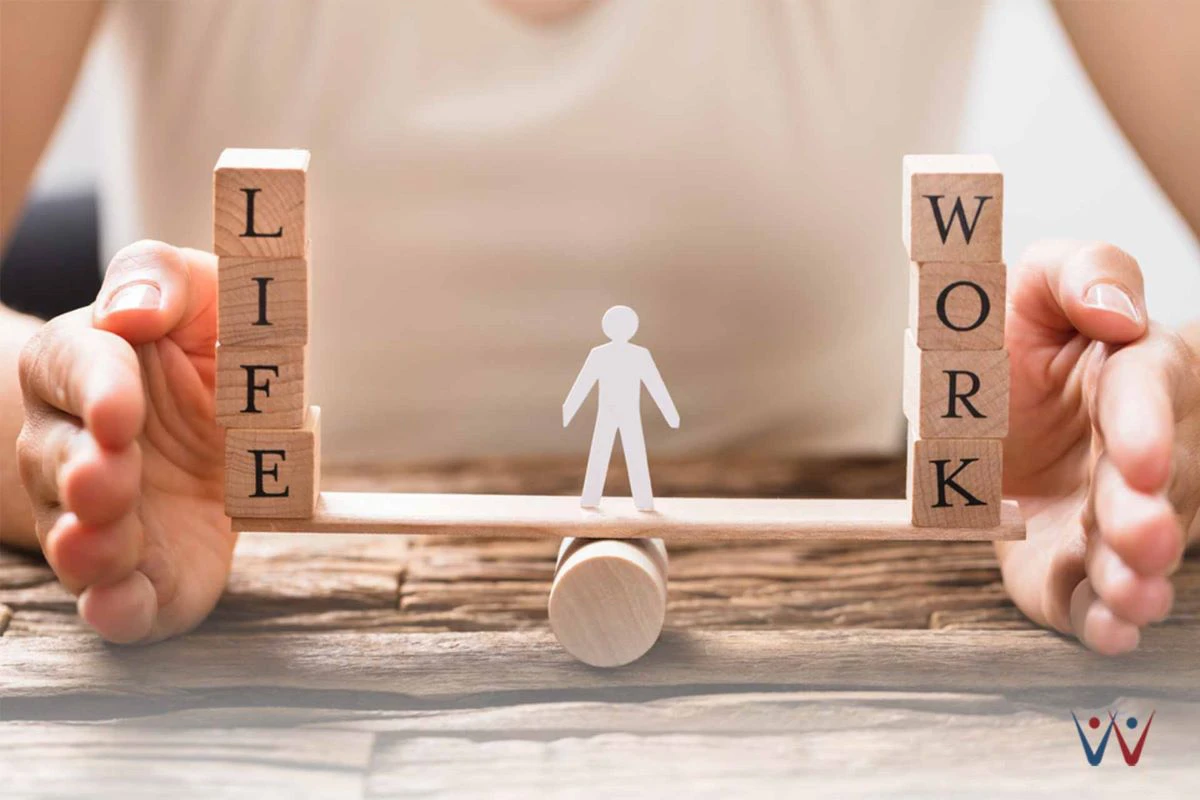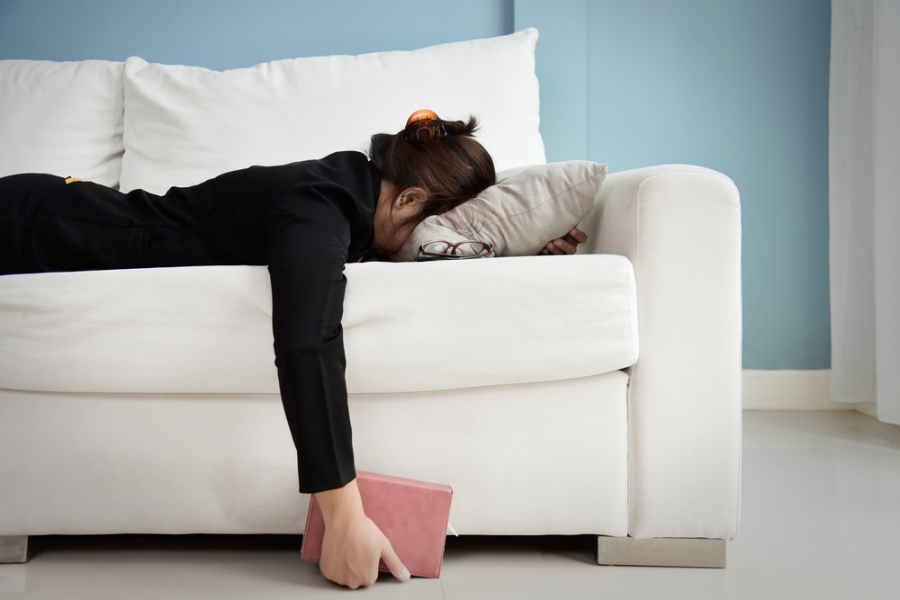8 HOURS WORK WEEK FOR UNEXPECTED FREEDOM
Companies in some parts of the world are increasingly trialing short weeks to see how they affect employees' productivity.

How many working hours per week does a person need to do to maintain good mental health? That is the question a new study aimed to answer, and the findings suggest that shorter work weeks and long weekends could be most beneficial.
Adapted from Medical NewsToday, in many countries worldwide, people with full-time job work 40-hour per week (typically 8 hours per day), Monday to Friday. Some countries have shorter work weeks, however. For instance, people usually work 38-hour per week (7.7 hours per day) in Belgium, Monday to Friday. In Norway, there are 37.5-hour per week.

Yet companies in some parts of the world are increasingly trialing short weeks to see how they affect employees' productivity and overall sense of well-being. Like one company in New Zealand trialed a 4-day work week (32 hours) in 2018, the results were so positive that they moved the company to consider switching to this model permanently.
However, even though such experiments appear to be successful, little research has looked into just how many hours of paid work per week would benefit a person's mental health. So, recently, researchers from Cambridge University in the United Kingdom launched the project Employment Dosage to investigate this subject.
"We have effective dosage guides for everything from vitamin C to hours of sleep to help us feel better, but this is the first time the question has been asked of paid work," notes study co-author Brendan Burchell, PhD. In a recent study of the Employment Dosage research project, Burchell and colleagues focused on how changes in hours spent doing paid work impacted the mental health and levels of life satisfaction of 71,113 people in the U.K. in 2009–2018. The investigators' findings now appear in the journal Social Science & Medicine.

They found that working up to 8 hours per week boosted people's mental well-being, leaving a period of unemployment. However, the study revealed that working a "standard" week of 37–40 hours brought no additional mental health benefits. This effect was the same for both women and men.
This led the researchers to believe that the most beneficial "dose" of paid work is approximately one day (8 hours) per week.
They explain that although men reported an increase of around 30% in levels of life satisfaction when they worked 16 or fewer hours of paid work per week, women-only started writing a similar increase when they worked more than 20 but under 24 hours per week.
The researchers also note that "the significant difference in mental health and well-being is between those with paid work and those with none," so shortening the working week would not have "a detrimental effect on the workers' mental health and well-being."
The best way to structure your day
A study recently conducted by the Draugiem Group used a computer application to track employees' work habits. Specifically, the application measured how much time people spent on various tasks and compared their productivity levels.
In the process of measuring people's activity, they stumbled upon a fascinating finding: the length of the workday didn't matter much; what mattered was how people structured their day. In particular, religious people about taking short breaks were far more productive than those who worked longer hours.

The ideal work-to-break ratio was 52 minutes of work, followed by 17 minutes of rest. People who maintained this schedule had a unique level of focus in their work. For roughly an hour at a time, they were 100% dedicated to the task they needed to accomplish. They didn't check Facebook "real quick" or get distracted by e-mails. When they felt fatigued (again, after about an hour), they took short breaks, during which they completely separated themselves from their work. This helped them to dive back in refreshed for another productive hour of work.
Your brain wants an hour on, 15 minutes off
People who have discovered this magic productivity ratio crush their competition because they tap into a fundamental need of the human mind: the brain naturally functions in spurts of high energy (roughly an hour) followed by spurts of low energy (15–20 minutes).
For most of us, this natural ebb and flow of energy leave us wavering between focused periods of high energy followed by far less productive periods when we tire and succumb to distractions.
The best way to beat exhaustion and frustrating distractions is to get intentional about your workday. Instead of working for an hour or more and then trying to battle through distractions and fatigue, when your productivity begins to dip, take this as a sign that it's time for a break.
Bringing it all together
Breaking your day down into chunks of work and rest that match your natural energy levels feels good, makes your workday go faster, and boosts your productivity.
#THE S MEDIA #Media Milenial #8 hour work in week



























